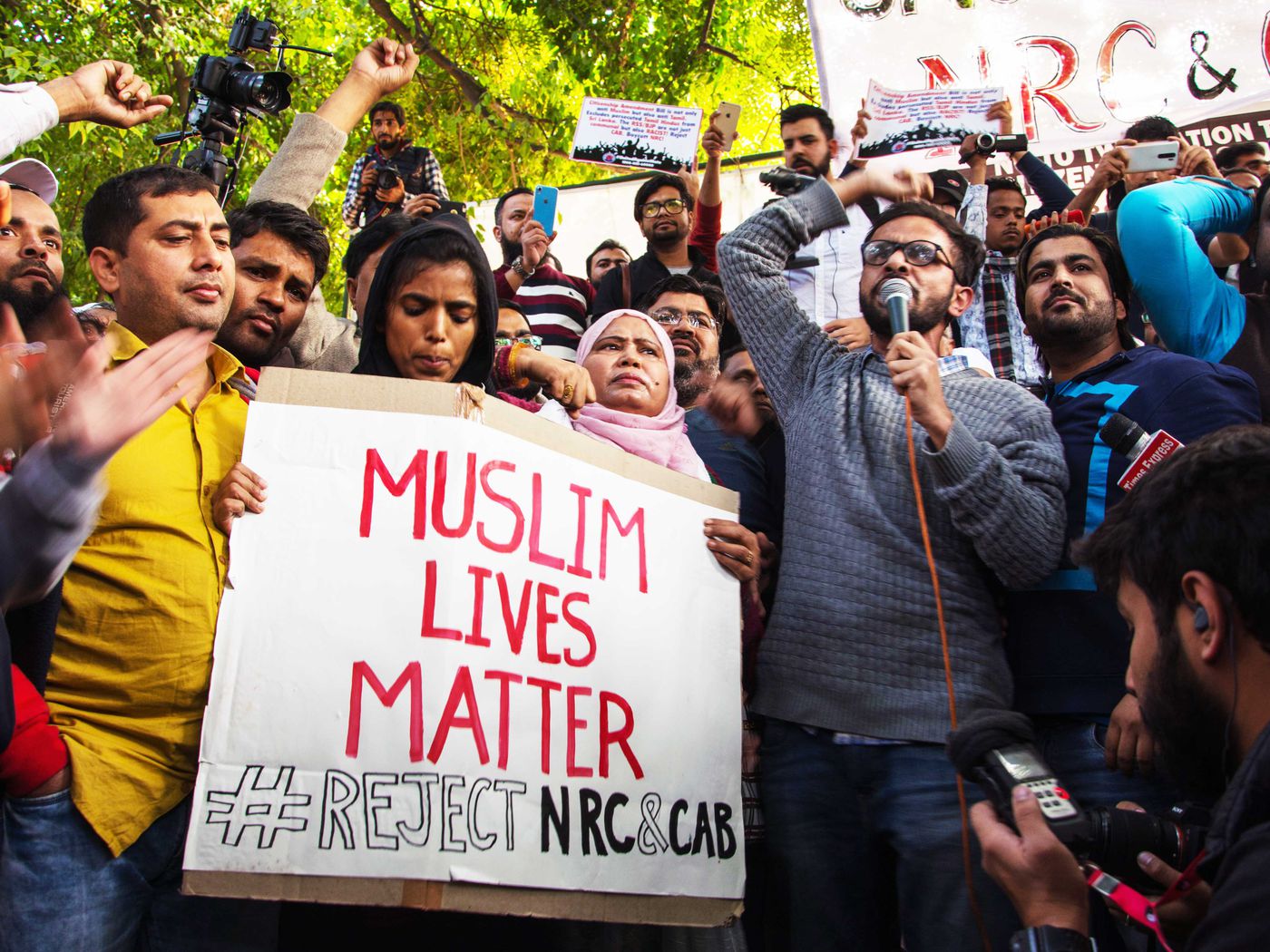
The Need for Strategy and Statecraft
By Ebrahim Rasool
In my last Al Qalam article on Strategy and Statecraft, I raised the idea of the Missing Middle to denote an absence of these critical ingredients in the Muslim mindset. This culminated in the defeat of the Arab Spring, and the stalemates currently in Afghanistan, Sudan and elsewhere, all of which were characterized by highly principled and lofty rhetoric of justice as the foundation of an Islamic State and the clever use of mobilizational tactics to launch and drive the uprisings. However, in the absence of strategy and new thinking on statecraft, the principles were stillborn at the moment of having to realize them. However imperfect today, the South African model of strategy and statecraft (in struggle, transition, and state building) is emerging as a crucial reference for the dim reality facing the Muslim Ummah.
But before constructing a discourse of strategy and statecraft, it is necessary to ask a fundamental set of questions: what is the reality in which the Ummah finds itself? How does this reality apply itself across geographies (majority and minority)? How does the absence of strategy and statecraft manifest itself in the intellectual and theological imagination of Muslims? And what is our collective relation to conflict and peace? In a few broad brushstrokes, the State of the Ummah can be described as a tenuous existence since the onset of the 20th century. The nation-states wrought by Sykes-Picot replaced the remnants of Muslim Empire. Proxy or direct colonialism then occasioned struggles against it, resulting in rulers, mostly of the authoritarian, dictatorial and non-inclusive kind. These became the main reasons for the Arab Spring in the 21st century.
But the Arab Spring, while being an inclusive uprising against authoritarianism and economic exclusion, had at its core the most organized and articulate and therefore, enduring, anti- colonial and anti-authoritarian motive force: the Islamist instinct honed by people like Hassan Al Banna. It was this instinct that shaped critically the principles of the Arab Spring and the immediate successor states to the deposed authoritarians. It similarly shaped the way in which the growing exile (Muslim Minority) communities articulated themselves in the face of the islamophobia they encountered in their new (Western) homes. The twin phenomena across geographies – authoritarianism in the majority heartlands and islamophobia for minority communities – were the manifestations of the same economic and political interests: access to the energy resources and therefore, the ‘politics of order’ (as articulated by Huntington) for Muslim societies where strong (authoritarian) governments were more important than democratic ones. The genetic formula for instability and volatility was established.
Add to this some horrific processes and outcomes of decolonization after World War II, and the picture that emerges is of a Muslim World in the eye of the storm for this entire period: from the decolonization of India in 1947 to the bloody partitions of Pakistan and Bangladesh; from the catastrophic insertion of Israel into the Middle East in 1948 to the numerous wars and intifadas; from the Iranian coup in 1953 to the Revolution in 1979 and the costly war by Iraq; from the anti-colonial struggles (like Algeria) to the invasions of Afghanistan; and the many numerous interventions in the form of coup d’ etats, occupations, proxy wars…. All these speak of deep psychological, economic, political, and social trauma for the Muslim Ummah.
They also speak of a state of the Ummah that requires re-imagination, but without the missing middle of strategy and statecraft. These missing ingredients will persist because of a profound intellectual vacuum and a deep theological inertia. Both grounded intellectualism and contextual theology were last manifested when Islam was realized on Earth as civilization and not simply empire. Empire is often three-dimensional (authority, military, bureaucracy). Civilization is multi-dimensional (including academic, artistic, scientific, technological, and intellectual). Through the challenges of the 20th century, we even shifted from being non-intellectual to anti-intellectual (hence the extremist penchant for excommunicating the unknown); from being non-civilizational to denouncing, for example, art, science and the academy as non-Islamic; and from being leaderless to asserting that only our fuqaha can be the leaders of our society.
The results are staggering: From an Ummah that gave the world the architectural wonder of the arch, the breakthroughs of algebra and algorithms, the advances in astronomy and medicine, and the marvels of poetry and literature, the Muslim world today is defined by constituting 31% of the global population, possessing 70% of global energy resources and 40% of global raw materials; but having regressed to the point of providing a mere 3,6% of high tech exports; of producing only 1,6% of world patent applications; and publishing a meagre 7,5% of Science, Technology and Innovation books. (SESRIC 2021) This from a community whose first revelation was Iqra or Read!
The challenge is more foundational than achieving justice, ensuring peace, or winning power. The need for strategy and statecraft must be about returning to our intellectual foundations; regaining our civilizational impulse; resisting the mere achievement of power for state, empire, or caliphate; and over-hauling our socio-political and economic vision so that the vision is coherent and achievable within the reality of the Ummah and not merely pietistic. Our tactics cannot be emotional and responsive reactions to the pre-set provocations from our colonizers, authoritarians, and detractors. They must be subject to the strategic objectives, strategic means at our disposal, realistic strategic options on a timeframe for delivery, and the strategy must firmly avoid simple binaries of, for example, the antidote to the regressive, colonial or authoritarian state is, ipso facto, the Islamic one.
Insha-Allah, in the next iteration, I would like to explore how such binary thinking has led us into a political cul de sac and removed us from a rich legacy of strategy and statecraft in the Qur’an and Sunnah.


